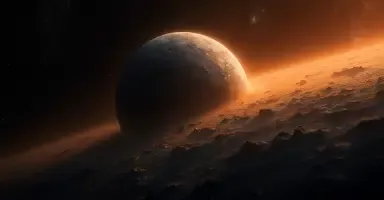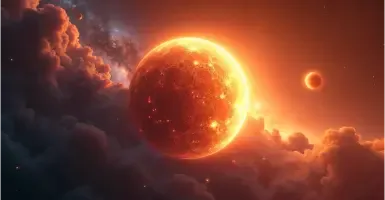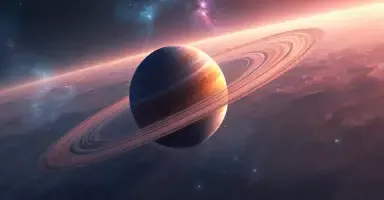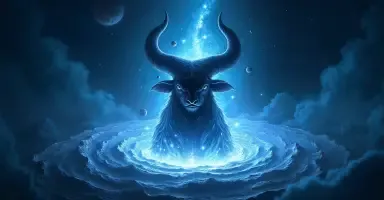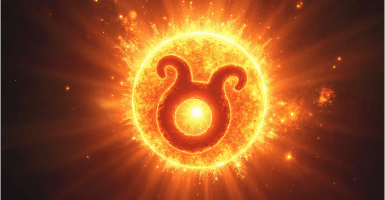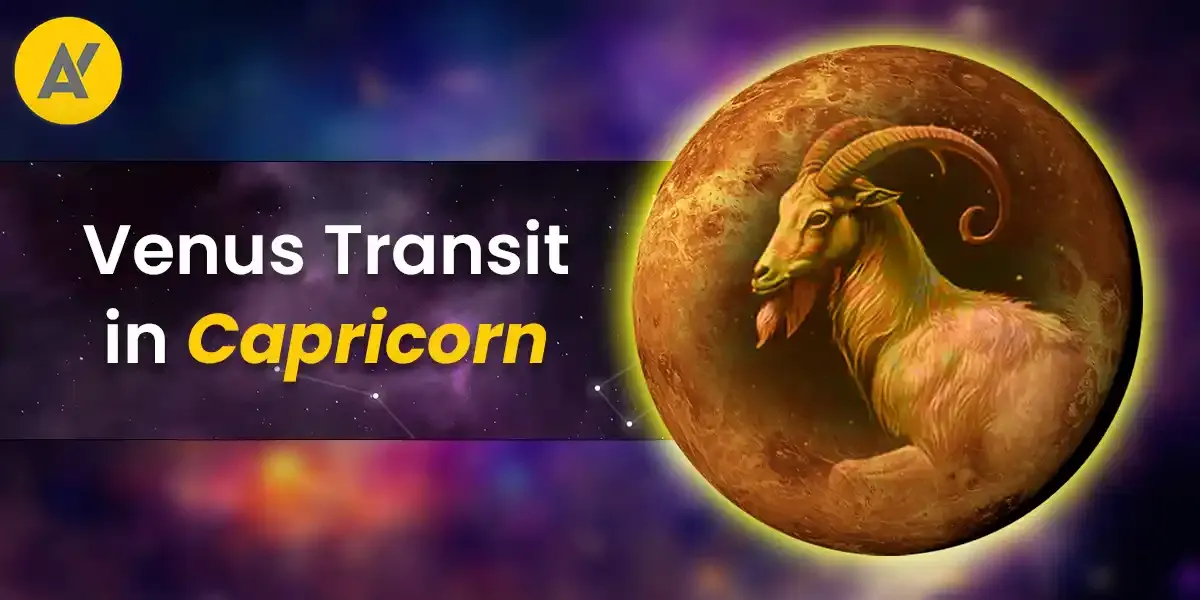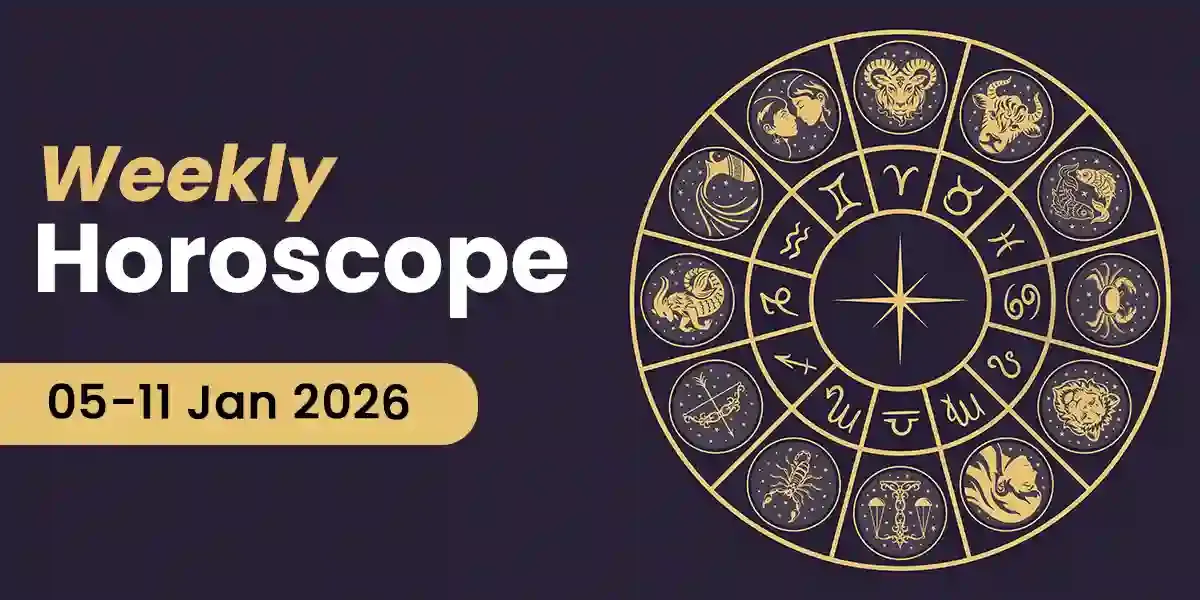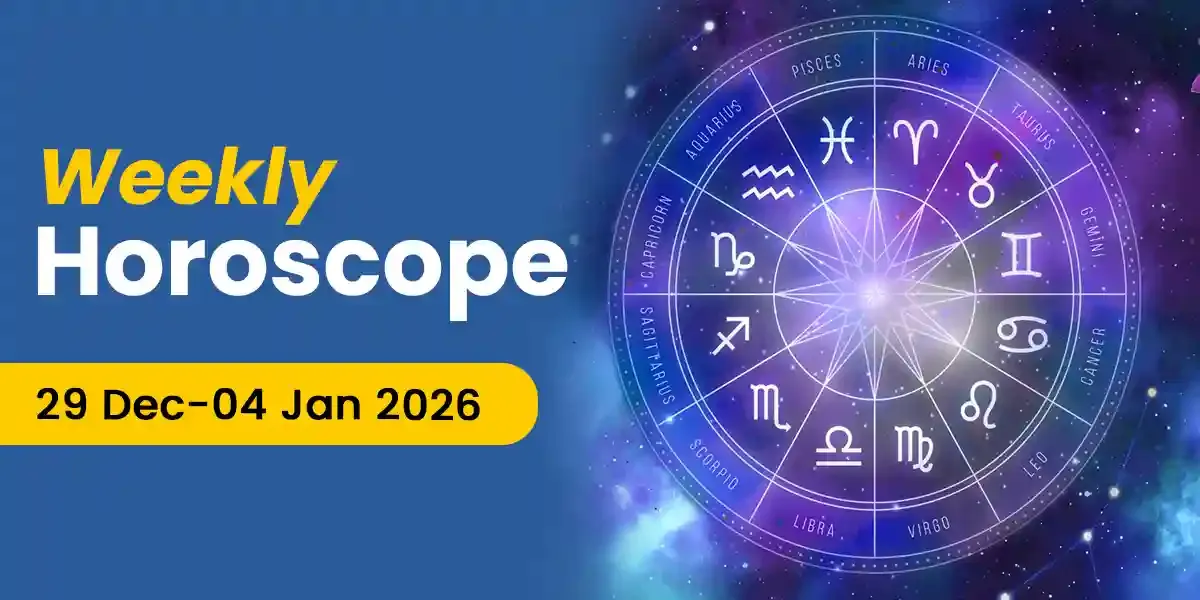
Planet Retrograde 2026
Planet Retrograde 2026: Discover its importance, astrological significance, and how it influences planetary alignments and life's turning points.
Planetary movements in astrology can significantly impact a person's life, both positively and negatively. This is especially true for retrograde planets when the planets move backward. Therefore, whether you are new to astrology or not, understanding how retrograde planets function in your natal chart could be beneficial.
Retrograde planets, as are the direct planets, are a significant occurrence in astrology. As long as the planets move straight and in a regular direction, these planets produce favorable outcomes, but what if they move backward? Have you ever wondered what unexpected impact the planets' retrograde motion would have on our lives? Many of us might not even be aware that planets can move backward in the first place. You cannot miss learning about the impact on your life when the planets in astrology go retrograde.
What is A Retrograde Planet in Astrology?
By definition, a planet retrogrades when it moves backward in the Solar System. Retrograde motion occurs when planets appear to move backward in the sky. This apparent retrograde motion is caused by the motion of the Earth's orbit. However, in astrology, the significance of a retrograde planet is much deeper and more complex than an apparent motion.
In Vedic astrology, when a planet is retrograde at the time of birth, it has a different effect on the native. The retrograde planet, also known as Vakri Graha, is even more significant in Vedic astrology because of its numerous significance. As is well known, in astrology, all planets orbit the Earth in slow and fast motion. Their speed and relationship with the zodiac determine the duration of their influence on each sign and its consequences. Therefore, it's best to know the importance of a retrograde planet in astrology, the types of retrograde planets, and the effects of retrograde planets on the horoscope.
Importance of Retrograde Planet in Vedic Astrology
In astrology, a retrograde planet's meaning is profound and intricate. There are differing views on the meaning and consequences of retrograde planets in astrology, also known as Vakri Graha in Vedic Astrology or Jyotish. To understand the effects of retrograde planets, we must first understand how the planets move. According to Vedic Astrology, the Sun and Moon always move in direct motion, never moving backward. Rahu and Ketu always move backward or in retrograde motion. Mars, Jupiter, Mercury, Venus, and Saturn are the five planets with direct and apparent retrograde motion.
When we try to understand the meaning of the retrograde motion of a planet, the first thing that must be known is that it is a rare occurrence. Most planetary motion is direct, so direct tend to be normal. Most of the time, the planets move in forward motion or relatively parallel. Simply by being the opposite of normal flow, retrograde motion represents an exception to this definition of normality or even a challenge to it. If the retrograde planet is not in a favorable position at the time of birth, the person may have to face many problems in life.
When a planet takes a retrograde motion, its energy is essentially blocked, making it more difficult for the life areas that fall under its domain to express themselves. According to astrologers, the retrograde planet at the time of birth needs to be carefully examined because it influences the native's personality and other areas of life. The native puts in more effort than the average person to succeed in life.
Vakri is the Sanskrit word for retrograde planets, and it means twisted, crooked, winding, indirect, or ambiguous. Therefore, retrograde planets have the potential to be adaptable, to turn things around, to make things unclear, to convey their message indirectly, and to have a unique perspective on life. People can use their retrograde planets' qualities to their advantage or disadvantage, depending on how they deal with them. The choice of how to use this power to do good or harm on the planet rests with each individual.
Natal Retrograde Planet Meaning in Astrology
The retrograde planets in a horoscope are the hardest factor to evaluate. They can produce a wide range of unexpected outcomes, both positive and negative. Because retrograde differs significantly from normal motion, it is frequently regarded as disruptive. However, sometimes retrograde misadventures are worthwhile and transformative. The house in the horoscope that the retrograde planets occupy prevents the planet's energy from flowing normally through.
Here's what it means when the planets are retrograde in a birth chart.
Mercury Retrograde
Mercury is the most likely planet to go retrograde, so Mercury retrograde is a common occurrence in a birth chart. Mercury retrograde lasts approximately 24 days and becomes stationary two days before and after. The percentage of time when Mercury must retrograde is 19.76%. Mercury is the Karaka (factor) of communication, speech, and intellect in astrology.
The natal Mercury retrograde indicates that a person still has mental, communicative, and cognitive lessons to learn. It may influence the thinking styles of a person to differ. Being born during Mercury retrograde makes a person more philosophical. People with retrograde Mercury can be impractical and more likely to create instability in their positions than those with direct Mercury
Mars Retrograde
In astrology, Mars represents anger, bravery, and aggression, among other things. Mars goes retrograde every two years, and it takes approximately 45 days to move from one zodiac sign to the next. Mars has a set amount of time when it must retrograde, which is 9.33%. Retrograde Mars transit in the birth chart can highlight power struggles, conflict resolution, aggression, and anger. It also indicates the need to learn some Karmic lessons about anger, bravery, actions, etc., in this lifetime.
Since Mars rules the Agni (fire) element, its retrogression can result in excessive fire or total exhaustion. One of Mars' specialties is that it produces quick results, so any change in its state or placement produces immediate results.
Jupiter Retrograde
Jupiter, the Guru or teacher in astrology and the planet of abundance, goes retrograde for approximately 120 days. For Jupiter, the percentage of time it must retrograde is 30.24%. The presence of Jupiter retrograde in one's Kundli means that one might need to do some inner work on abundance, expansion, luck, and generosity. They may be very knowledgeable but may not know how to apply that knowledge effectively. On the plus side, they can provide a fresh perspective on issues. They will also offer unconventional and unique advice.
Jupiter is the ruler of the Aakash or ether element, which is concerned with knowledge, wisdom, and our ability to purify and repel negative forces. When Jupiter transits in retrograde motion, this aspect can become less effective. Jupiter in retrograde motion is frequently observed to cause delayed outcomes.
Venus Retrograde
In astrology, Venus retrograde is regarded as a remarkable occurrence, and its effects can be seen in a native's behavior directly. Venus stays retrograde in a zodiac sign for about 45 days and must retrograde about 7.22% of the time. Venus is a planet associated with love, romance, wealth, beauty, and all things passionate. If Venus retrograde is present in a chart, the person might take the long way on matters of love, creativity, beauty, pleasure, receiving, peace, and inner harmony.
As Venus is the Karaka for marriage, so when it is retrograde, it can make us form unusual alliances. Venus governs the element of water or Apas, and the water element is associated with emotions, taste, joy, and peace. If Venus was retrograde in the natal chart, it could affect all these areas in life.
Saturn Retrograde
When the stable and structured Saturn goes into retrograde motion, it's considered a significant astrological event. It moves the slowest of the nine planets and spends nearly 2.5 years of transit in one sign. And its retrograde percentage time is approx. 36.39%. The themes of Saturn center around authority, responsibility, stability, success, and boundaries. And it becomes necessary to navigate the state of Saturn in order to ascertain how a person's happiness and Karma are coordinated in their life. Being the Lord of Justice, it delivers outcomes in accordance with a person's actions.
When Saturn appears as Vakri in a birth chart, it indicates that some Karmic lesson concerning unfinished responsibilities must be understood in this life. Saturn is the ruler of Vayu or air element, and it must be used constructively, or it will become unnecessarily destructive. A Saturn retrograde can make people constantly hungry from desire.
Rahu and Ketu Retrograde
As mentioned earlier, Rahu and Ketu are always moving in retrograde motion. Both Rahu and Ketu are shadow planets in Vedic astrology and are called the lunar nodes of the Moon. In Vedic astrology, both Rahu and Ketu are considered malefic planets. Rahu and Ketu's retrograde motion usually is said to bring inauspicious results and losses. However, that is not always the case, and everything can be cured by following professional astrologer solutions to reduce the impact.
It is possible to conclude that the results of retrograde planets in Vedic astrology are unexpected. They are inconsistent and unpredictable. As a result, it would be best to seek the advice of an expert astrologer on Astroyogi and obtain an individualized horoscope analysis of any retrograde planets in your natal chart.
Consult India's top expert astrologers online right here! For details click here!








